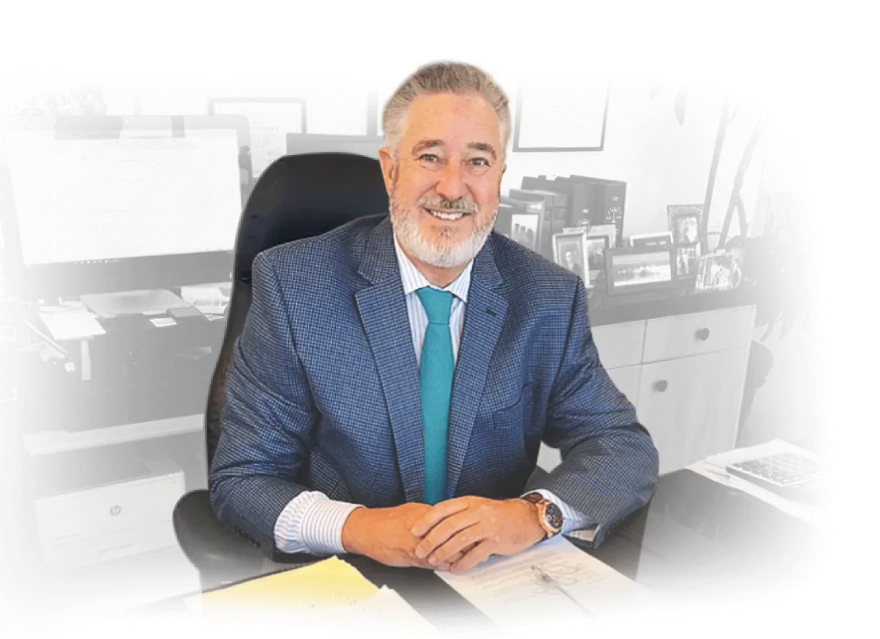Uber began testing autonomous cars on the streets of Pittsburgh in mid-September, as we discussed in an earlier blog. Safety experts, however, worry that these trial runs were launched to the public prematurely.
Autonomous cars have problems driving in bad weather, identifying bridges or obstacles, or distinguishing between similar objects – such as the cloudy sky and the white of a semi-truck in the Tesla vehicle accident. Given that autonomous cars have these limitations, testing with real passengers seems like risky business.
“They are essentially making the commuters the guinea pigs,” Joan Claybrook, a consumer-protection advocate and former head of the National Highway Traffic Safety Administration, said in a Washington Post article. “Of course there are going to crash. You can do the exact same tests without having average citizens in your car.”
Neither Pennsylvania nor the United States had any regulations regarding self-driving cars at the initiation of the test, so Uber had no obligation to obtain approval. Additionally, although they did work with the city to launch the pilot program, they are not required to share the resulting data.
“Current law, in its silence, is permitting it by not prohibiting it,” said Roger Cohen, policy director for Pennsylvania’s Department of Transportation.
Advocates for the program, however, say that innovation will never occur if companies have to wait for government regulation to catch up. To meet the demand for standards sooner rather than later, the U.S. Department of Transportation released safety recommendations, rather than firm regulations, for autonomous vehicles. These recommendations will hopefully provide much-needed initial guidelines for future manufacturing, programming and testing of self-driving vehicles.
Our uber crash lawyer at the Law Offices of Howard Kornberg is ready to represent you. Call 310-997-0904 for a free consultation today.
 Prev
Prev



